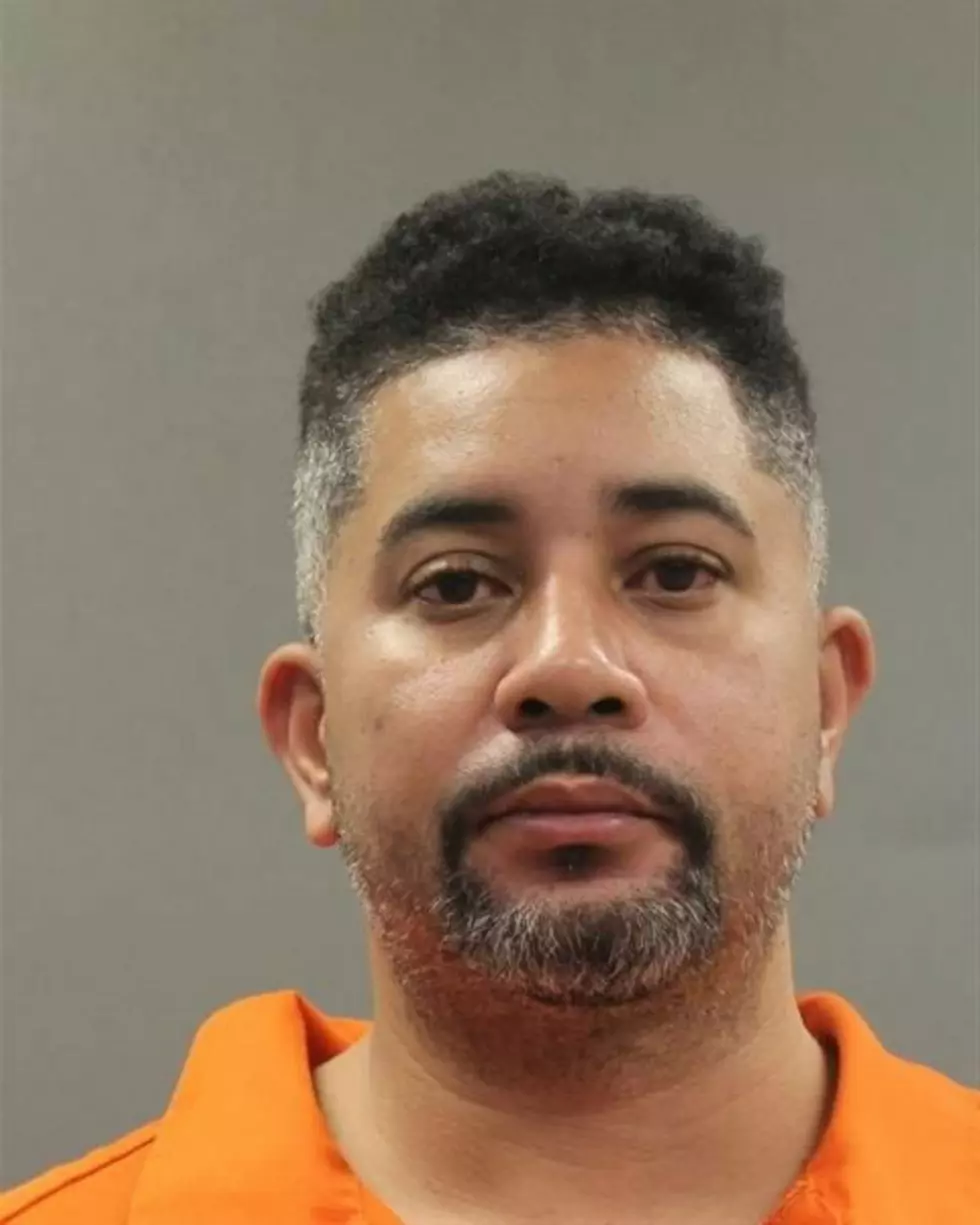DUI and DWI Laws in New Jersey are tough, but do they solve the problem?
Driving under the influence of drugs or alcohol remains a serious offense, especially if there are injuries that turn fatal.
While these laws are tough and costly, are there alternatives to encourage people away from this behavior?
New Jersey DWI Defense Lawyer Peter Lederman says there needs to be more flexibility to get people with a problem help and a second chance in certain cases.
"If you're a third time offender and you're convicted, your not only going to go to jail but you're going to lose your license for a decade," said Lederman. "I think that if you've shown that you've stayed clean for five-years or seven years, or whatever period of time...you should be able to get rewarded for this so that you're encouraged to do better."
Retired Municipal Court Judge, the honorable Mark Apostolou concurs but says there's nothing right now to force someone to get help.
"We can't alter laws, we're not courts of equity," said Apostolou. "We can't say, 'well you know what, you're really a nice person, I'm going to bend the rules for you'...we can't bend any rules."
He says for any changes to be made, the legislature would have to amend what's currently in place.
Driving while intoxicated is a major offense but do the tough laws new jersey currently has solve the problem of impaired driving crashes and deaths and prevent people from driving while impaired ever again?
Apostolou says if the legislature moves drugs offenses from where they currently sit in Municipal Courts over to Superior Courts, offenders may get the help they need.
"Drug courts are recognizing that there is an opportunity for people to become involved in a system, a pro-active system, where we can try and rescue people," said Apostolou.
Municipal Prosecutor Steven Zabarsky offers a possible compromise to DWI first offenders losing a license by having an interlock device installed in their car.
"It may be a way to improve the ability of those individuals to rehabilitate themselves, pay their fines, continue to support themselves and their families, while paying a penalty for being a drunk driver," said Zabarsky.
With new jersey U.S. Senator Cory Booker proposing a legalization of marijuana on a federal level, how may it affect the amount of DUI arrests in the Garden State?
Lederman says while the affects of weed may be different from alcohol, the driver is still impaired and that's a big problem.
"The affect of marijuana would be different than the affect of alcohol and it might affect driving differently, but it's basically the same thing," said Lederman. "You're allowing substances to be made available to people that make driving dangerous."
He says it's a dangerous drug and with many people in New Jersey driving, we may see a parallel amount of offenses to DWI's.
Zabarsky also feels it's a bad idea because people are still going to head on the road and drive while their high.
"You're going to have a lot of people out there that now have ready access, to walk into a store, buy marijuana and start smoking it and then get behind the wheel of a car," said Zabarsky.
He says there's enough research to show how much someone can smoke in order to drive, but it's a slippery slope and may be costly and even fatal.
All three offer their input on where things are now and form a think tank to discuss possible alternatives in the video above or on our YouTube Channel.
More From 105.7 The Hawk



![WATCH: Controversial SJ Gym Owner Appears to Think Running for Congress Might Get Him Out of a DWI [VIDEO]](http://townsquare.media/site/398/files/2022/04/attachment-Ian-Smith-DWI.jpg?w=980&q=75)





